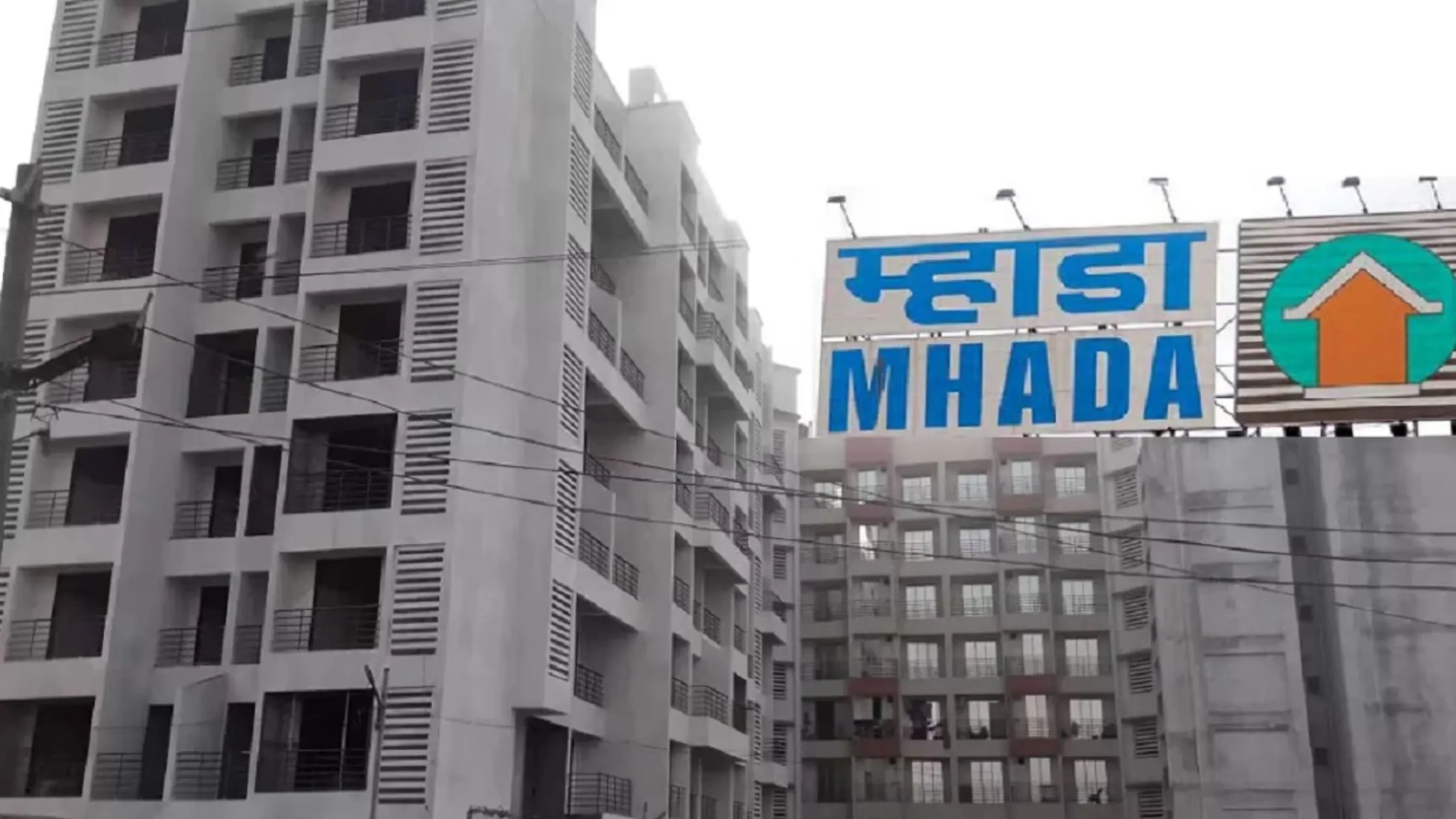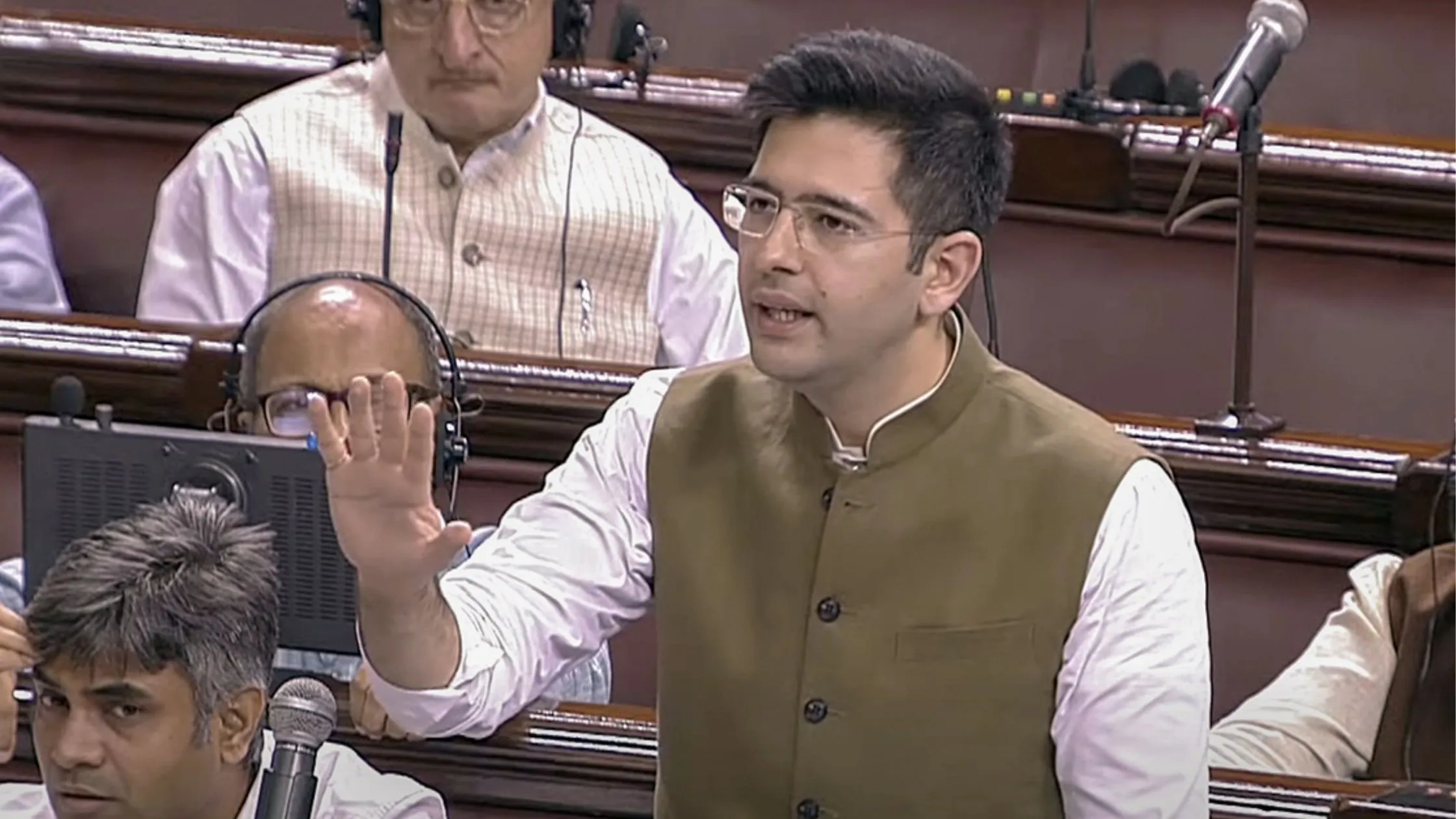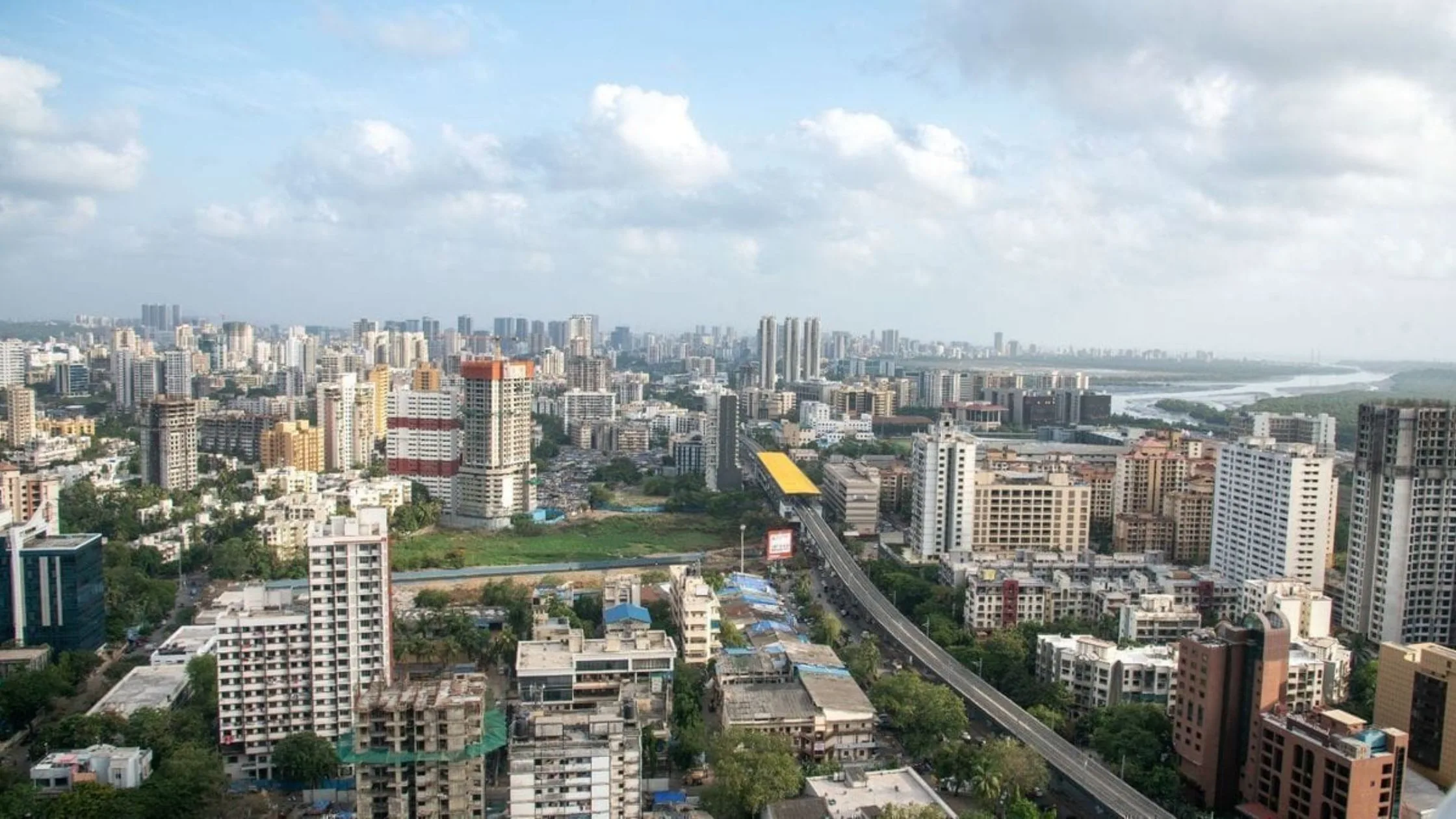Table of Content
▲
AURANGABAD: Maharashtra Real Estate Regulatory Authority (MahaRERA) required all developers in the state to disclose their stock of apartments, houses, lands, and stores sold or booked, among other buildings, saying that the aforementioned database was necessary to provide more clarity to buyers and to avoid transactions Multiple. By requiring developers to provide details in a specific format, MahaRERA invoked the enabling provisions of the Real Estate (Regulation and Development) Act 2016, which has been in effect since May 2017. The form asks for details such as the total number of floors/suites, the number of floors/shops/rowhouses, carpet area, inventory sold / reserved/unsold, date of registration at the sub-registrar's office. The Association of Real Estate Developers of India (CREDAI), Maharashtra welcomed the order of MahaRERA and said it aims to target unscrupulous developers who are not registered with the association's branches in the state. "We welcome the latest order from Maharashtra state which appears to be aimed at eradicating the illegal construction seen mainly in small towns," said Sunil Forde, Chief of Cariday in Maharashtra. Forde said that the developers have disclosed the number of units sold and have uploaded the details to the Maharira website as per the law. He added, "CREDAI takes the mainstream of MahaRERA in the right spirit, as defined by developers who do business ethically and follow the law." CREDAI Maharashtra has 3000 active members in 59 cities across the state. According to the Real Estate Regulatory Agency, any aggrieved buyer can file a complaint with the competent authority or the separation official, as the case may be, in relation to any real estate project registered due to any violation or violation of the provisions of the law or the rules and regulations. Associated. The authority may establish a judicial mechanism for prompt redress of such complaints. Anyone who is upset by any directive, decision, or order issued by Mahara or by the dismissal officer can file an appeal to the Court of Appeal and then to the Supreme Court. Also Read: DLF’s CEO Rajeev Talwar retires

_1697015755.webp)





